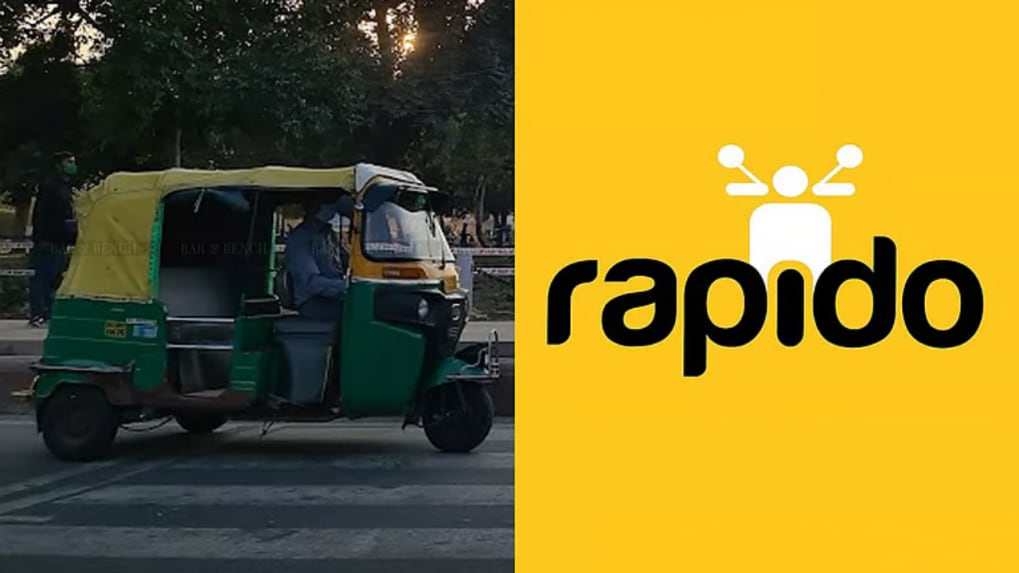Advertising
From Pink Slips to Silent Sidelining: Inside adland’s layoff and anxiety crisis

In a significant development for India’s fast-evolving urban mobility landscape, the Bombay High Court has declined to entertain a petition by four Thane-based auto rickshaw drivers who sought a ban on bike taxis operated by aggregators such as Rapido. The drivers claimed that these bike taxis were using non-transport (white) number plates in violation of transport laws and argued that the unchecked operation of such services was hurting their livelihoods.
However, a division bench of Justices Revati Mohite Dere and Neela Gokhale was not convinced by the argument that bike taxis infringed on the petitioners' fundamental right to livelihood. The Court firmly pointed out that the mere existence of another mode of public transport does not violate constitutional rights. Drawing from personal experience and broader observations, the bench said, “This will stop only when you stop refusing to take people. We have seen on the streets how taxi drivers and rickshaw drivers treat customers, their tone, their high-handedness. Each one of us has faced this."
The judges also dismissed the broader implication that increased competition in public transport should be seen as a constitutional violation. “Tomorrow, you will say taxi drivers should not ply at all, or that the Metro should not come at all. The government is competent to take decisions,” the bench added, as reported by Bar and Bench.
The petitioners had argued that vehicles operating as taxis must be registered with the Regional Transport Office (RTO) as commercial vehicles and should have yellow number plates. They submitted that when they booked rides through the Rapido app, many bikes arrived bearing white plates—indicative of private use—thus violating the law and putting them at a disadvantage.
Their legal argument relied on Articles 14 (equality before the law), 19(1)(g) (right to practice any profession), and 21 (right to life and personal liberty) of the Constitution. But the Court was unconvinced and noted that these rights were not being infringed upon by the operations of bike taxis.
Representing the State, Additional Government Pleader Prachi Tatake informed the Court that action was already underway against operators who were using private vehicles for commercial purposes without valid licenses. Taking note of this, the Court said there was no need to proceed with the plea, though it allowed the petitioners to approach the State with a formal representation if they observed continued violations.
These new rules formally regulate electric bike taxi operations across the state. Aggregators such as Rapido and Uber are now required to obtain valid licenses to continue operations. According to RTO officials, several such companies have already applied for these licenses in compliance with the updated rules.
From purpose-driven work and narrative-rich brand films to AI-enabled ideas and creator-led collaborations, the awards reflect the full spectrum of modern creativity.
Read MoreLooking ahead to the close of 2025 and into 2026, Sorrell sees technology platforms as the clear winners. He described them as “nation states in their own right”, with market capitalisations that exceed the GDPs of many countries.